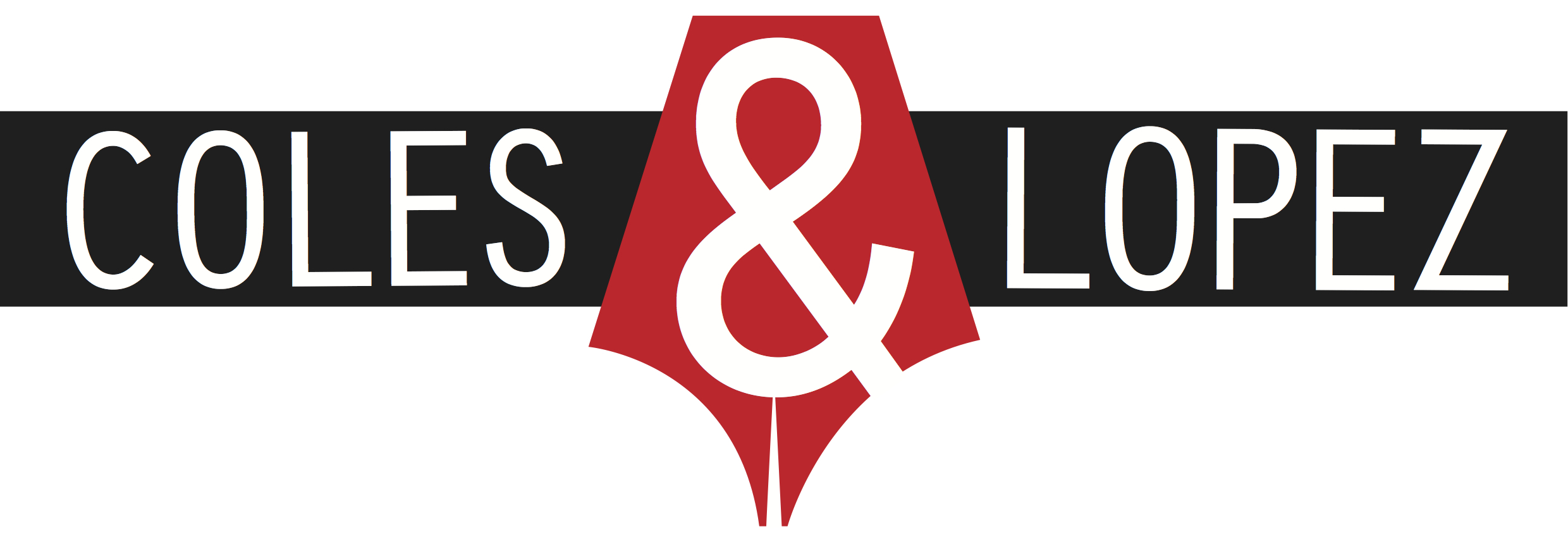Stop, I beg you!
This week’s topic is an all-time classic – the Citizen Kane of grammatical gaffes. I’m talking about the misuse of the phrase “to beg the question”. To wit:
Vogue’s Yeezy Season 4 review begs the question: Do fashion and politics mix?
—Los Angeles Times, September 8, 2016
Which begs the question: how do you get a snail to work out?
—Popular Science, September 16, 2016
[Louise Wallace] just wants to “lie by the pool, drink cocktails, gossip and have a great time”, which begs the question – why invite these trouble makers?
—Stuff.co.nz, September 13, 2016
Wrong, wrong, wrong, mainstream media. In these examples, “beg the question” has been used to mean “raise the question” or “invite the question”. That’s an extremely common usage, and the only one most of us have ever encountered, but it’s not actually right.
The real meaning
The idea of “begging the question” comes from a branch of philosophy called logic, which is concerned with the validity of arguments. Begging the question is an error in reasoning – basically, a bad argument. It occurs when someone tries to prove something by making an argument that presupposes said thing is true. For example:
Kim Kardashian says Kanye West’s new collection, Yeezy Season 4, is groundbreaking. Why? Because he is doing something no designer has done before.
Kim is trying to prove that Kanye’s new collection is groundbreaking. Her argument is that he is doing something no designer has done before. But this argument is based on the assumption that the collection is groundbreaking. It is circular reasoning. Kim, therefore, is begging the question.
My not-so-faulty argument
This is the part where I convince you to erase “begs the question” from your vocabulary, just like I did with “nonplussed” and “bemused”. If you use the phrase correctly (to mean a logical fallacy), you’ll confuse all the people who aren’t aware of that meaning. If you use it incorrectly (as the LA Times, Popular Science and Stuff.co.nz did above), you’ll annoy all the grammatical purists. So if you want to say “raises the question”, say that; if you want to tear someone’s argument down, say, “Sorry, Kim, but your argument is based on a questionable assumption.” Easy.
But does she care?

